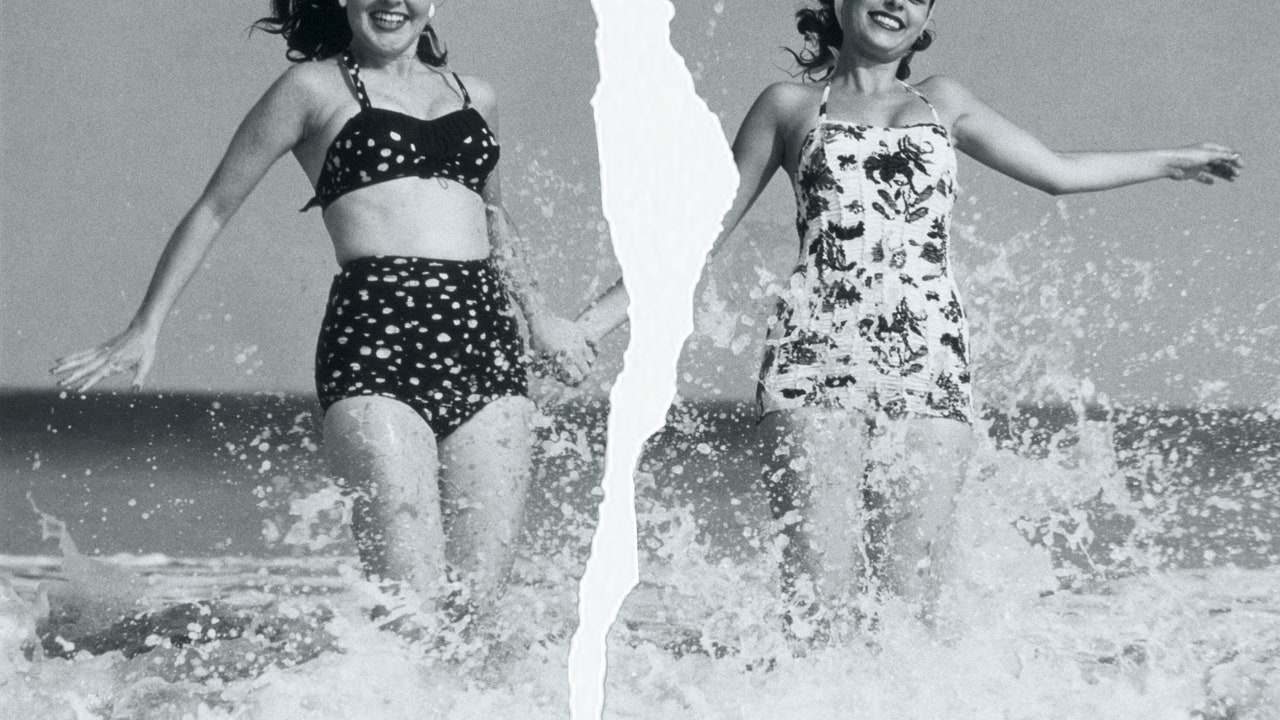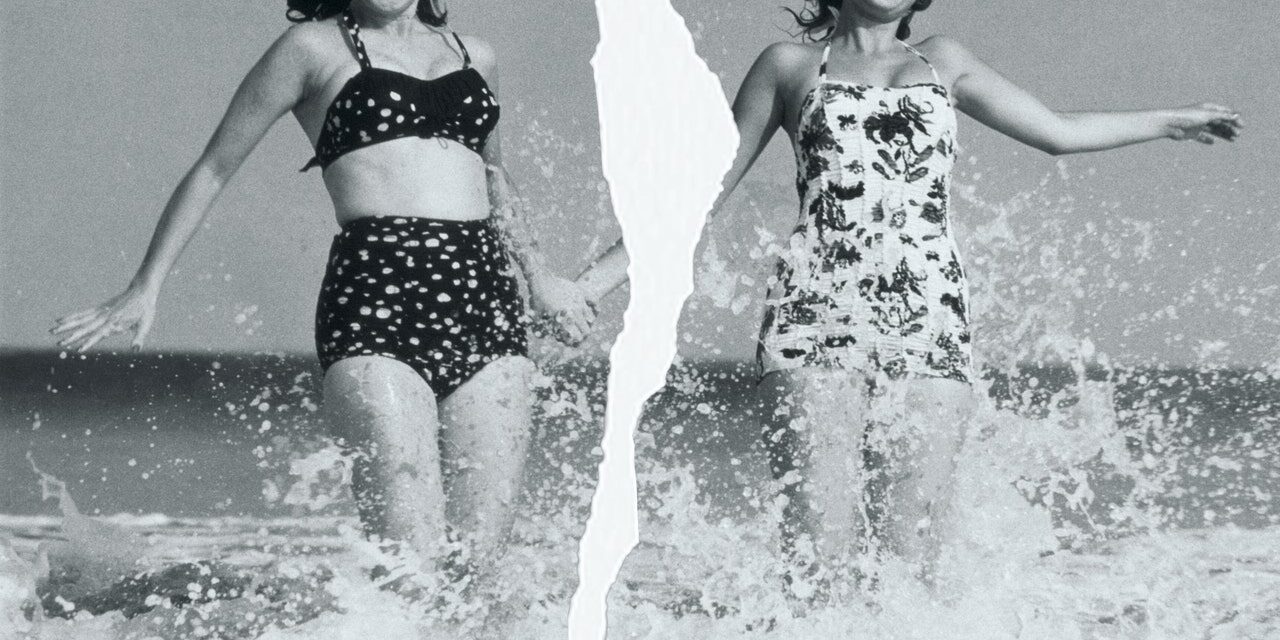
Marriage and family therapist Shontel Cargill promises me that these feelings are normal. She says that friendship loss in one’s mid-to-late 20s is common for several reasons: life transitions, romantic relationships, evolution of priorities, and more. And while it doesn’t happen to everyone, for some, friendship loss “can lead to psychological distress,” sparking issues with anxiety, depression, trust, and self-esteem. Check, check, check, and check.
Cargill says that talking about your struggles with others can help the healing process, but I’ll be honest—that hasn’t worked for me. Most people I’ve spoken to about my predicament don’t get it, which only makes me feel worse. I tried to bring it up on my aforementioned call with Simone, but her empathetic smile and pitying eyes said it all: She couldn’t relate. Lucky her.
I needed answers. Concrete ones—not those generic suggestions that I “put myself out there” or “just give it time.” Everyone around me had managed to hold on to friends throughout their lives; everyone seemed to be on girls’ trips and boozy brunches; seemed to have a tribe of confidants ready to drop everything for them. And here I was, a lonely, overworked 28-year-old who spent way too much time in her apartment, wondering why she didn’t have any of that.
So, like a good journalist, I decided to investigate. After speaking to Simone, I determined that I’d reach out to some of my former friends directly, and see if we could have a conversation about why we “broke up.” Many declined, and understandably so. But to my surprise, a few agreed to participate in my crazy scheme.
Here are those conversations—and their revelations. Their names have been changed.
Celine
Circumstance brought Celine and me together. We were both new freshmen at an international school in Nairobi, and our shared fear proved the perfect BFF elixir. Celine was sweet and reserved, with a quiet confidence that I admired—even more so when I got older. But she wanted to do her own thing and I, a not-so-confident 14-year-old, wanted to fit in. I had a hunger for popularity, and when I realized that Celine didn’t share that, I neglected the friendship. Soon, it evaporated.
Celine remembered things similarly.
“Once school started, we new kids were initially welcomed into the group of ‘misfits’ that every high school has,” she wrote to me via Facebook. “But eventually, we broke away—you, to join the funny kids, a group of hilarious and friendly people who could match your unparalleled wit and high-octane energy and me, to join the kids at the back of the bus, literally and figuratively.”




